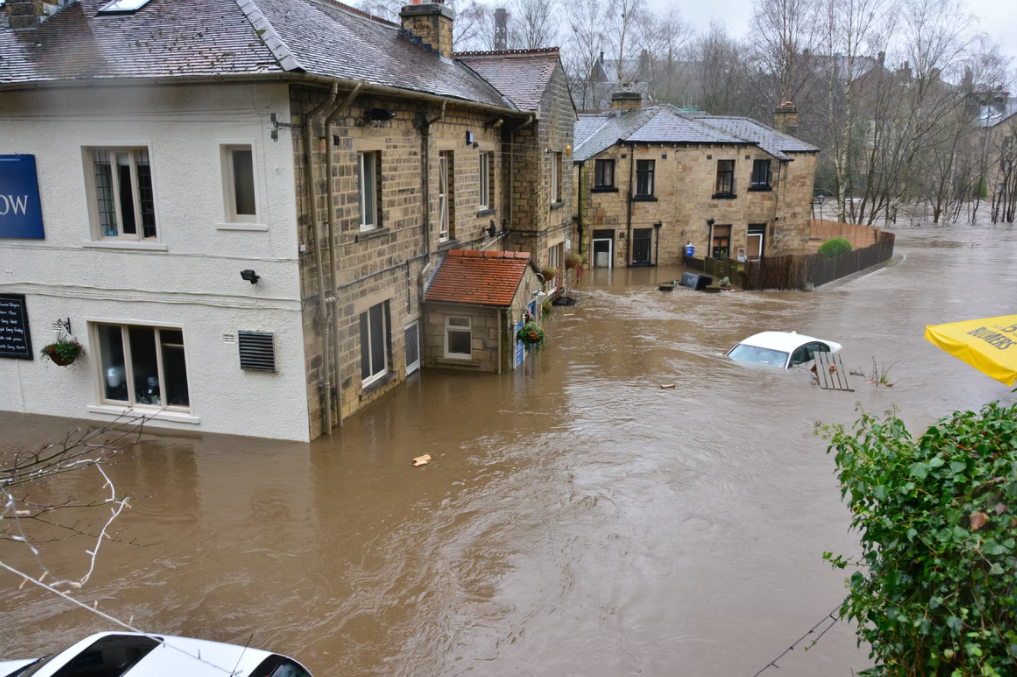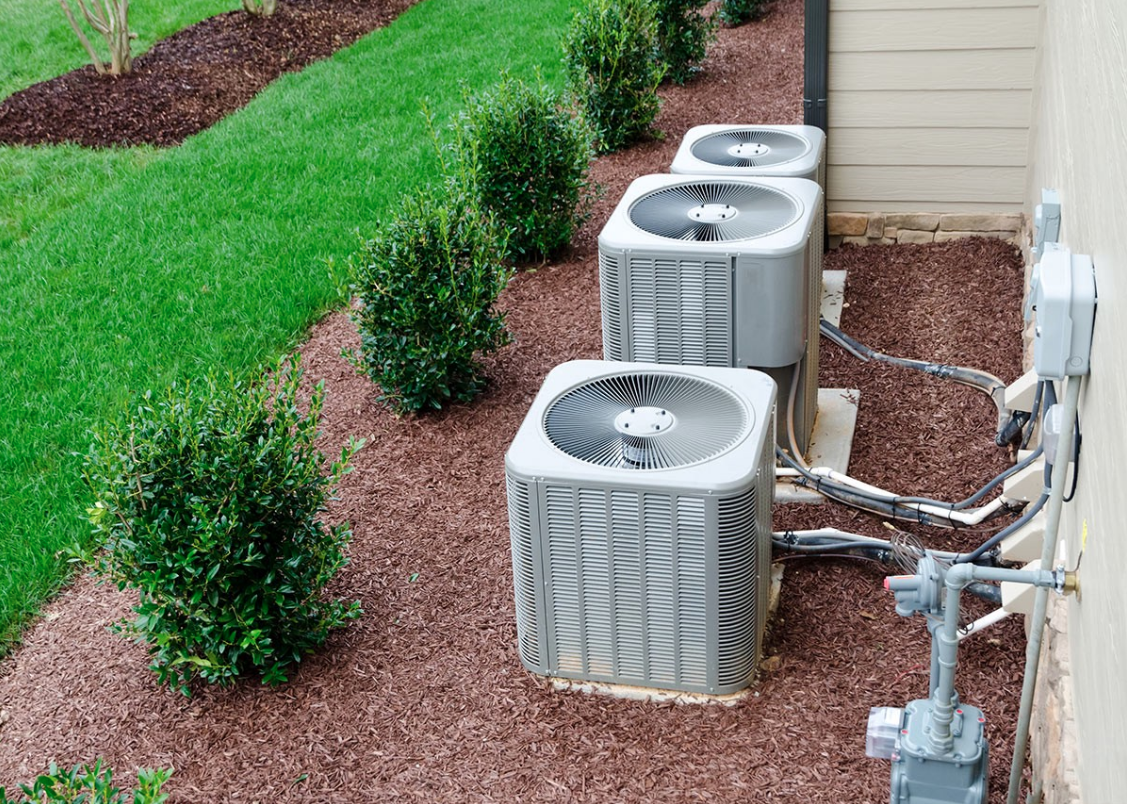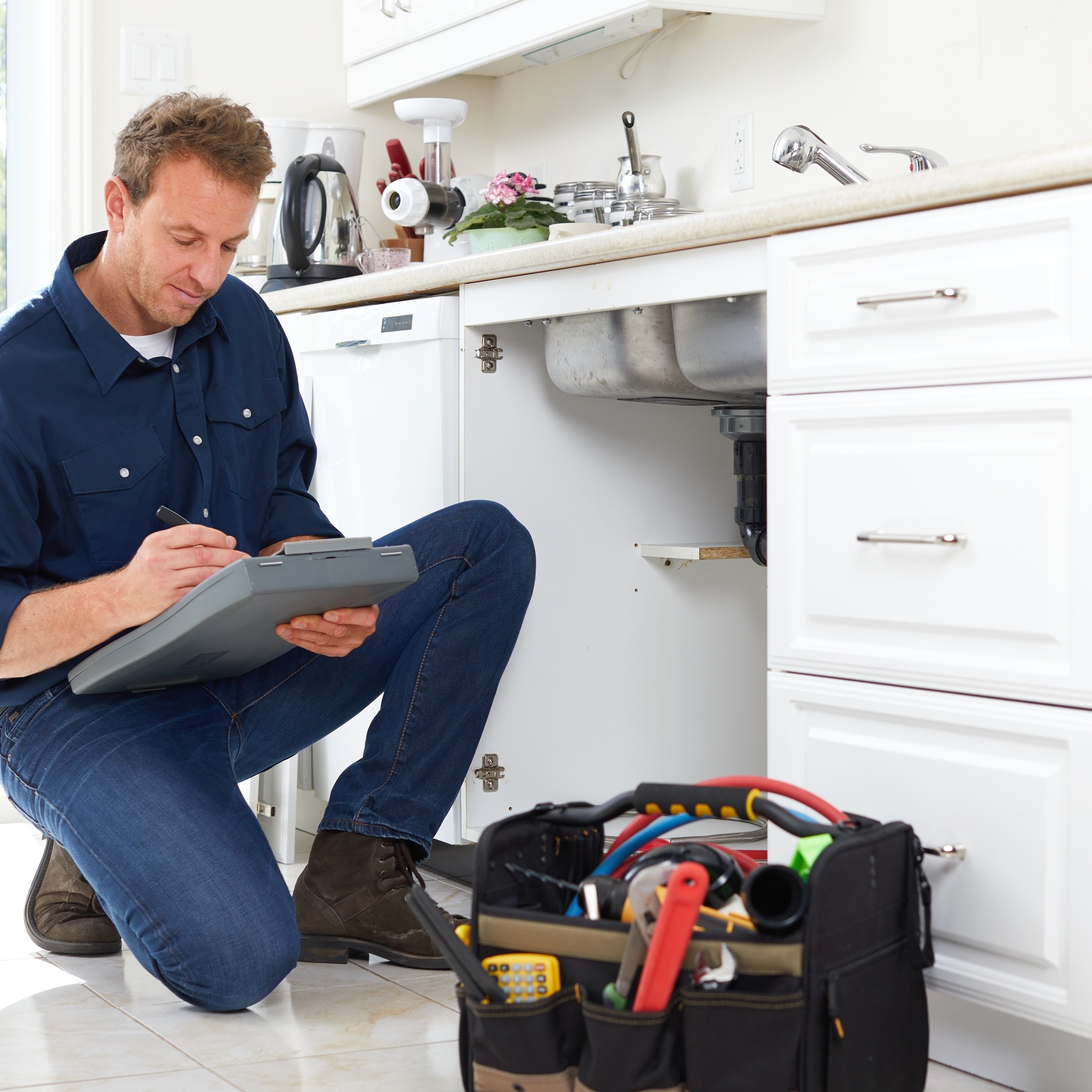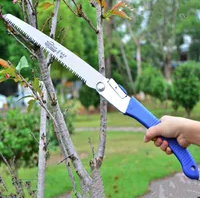Plumbing 101: 6 Basic DIY Tips For Beginners
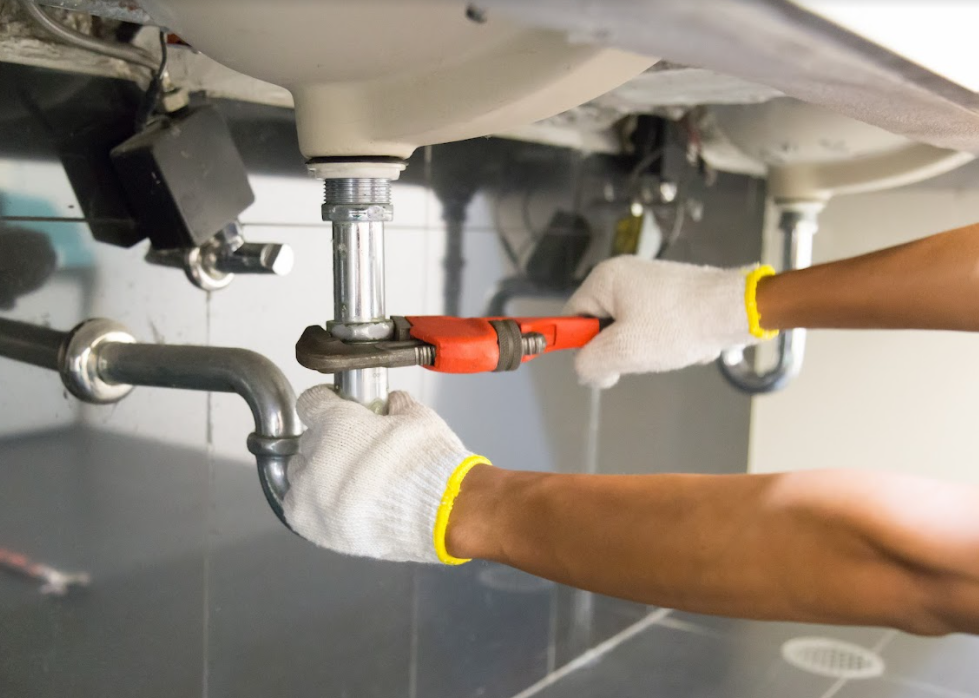
Being in charge of your own home entails understanding the basics of its maintenance and upkeep!
 Photos By: Adobe Stock Images
Photos By: Adobe Stock Images
Apart from being costly, it can also be inconvenient to have to call for professionals to come over and fix little problems at home.
Especially when this is your first time being in control of your household, the thought of personally working on home maintenance and plumbing issues may seem overwhelming. But, every plumbing expert out there was also once a beginner just like you. If they’re able to master the field, so can you. Before you get started on any DIY’s make sure you have basic tools that you can buy at bestofmachinery.com.
With that in mind, here are six basic DIY tips for plumbing issues that are definitely worth learning from, especially if you’re a beginner:
1. Never Pour Oil Or Grease Down The Drain
When you’ve been cooking or eating oily and greasy food, be sure to pour the excess oil right to the bins. Don’t pour all that oil and grease down the drain. It may seem harmless at first, but if you do it too frequently, the oil and grease will build up.
Over time, and especially when done too regularly, grease and oil will clog your pipes. This can lead to serious issues in your entire plumbing system at home. When this happens, you may need to seek the help of experts. If you’re lucky, you may even have the chance to avail of special deals from EasyMerchant or any similar firm to help fix your home’s underground drainage, among many other issues.
2. Use A Bucket Of Water To Flush The Toilet
There are going to be instances when you might feel like your toilet’s flush isn’t working as expected. This is evident when there’s urine or solid particles left when you flush. When this happens, the solution is very simple. All you have to do is to fill a bucket with water and then pour that directly into your toilet.
3. Have A Bucket Strainer
If your drains and sinks don’t have their own strainers, it would be a great idea to have a bucket strainer. In a household, some of the most common plumbing issues will always be clogged drains and pipes. Such issues take place when the drains and pipes are clogged due to residues. In the kitchen sink, for instance, the residues could be food scraps. In the bathroom, hair could be that.
Avoiding such problems can be as simple as having a bucket strainer. This holds all the particles, which, without it, could contribute to clogging your pipes and drains.
4. Know The Shut-Off Valves Location
Especially if you’ve just moved to a new home, it’s important for you to also get to know the location of your shut-off valves and drains. Usually, those are located outside your home. Their locations are a must to remember so that if a plumbing issue does occur and you need to shut off your water line temporarily, you can do so right away.
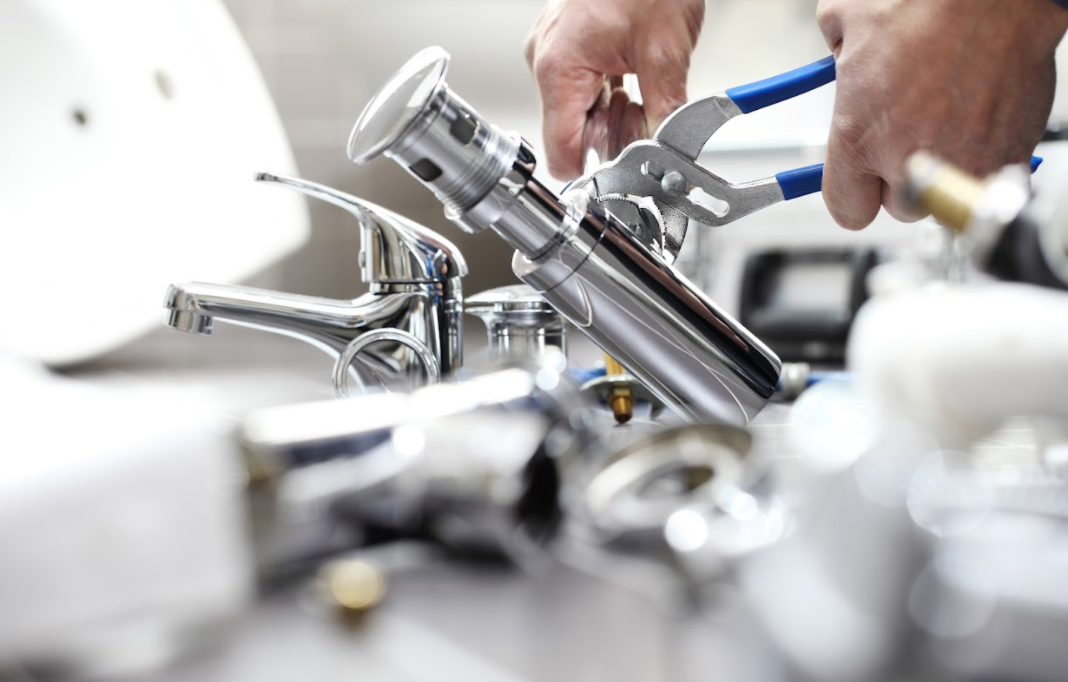
5. Use A Plunger To Unclog Drains
In the event that your toilet gets clogged, there’s another very simple fix you can do at home, and this is through using a plunger. If you don’t have one already, it’s about time for you to get one in your hardware store. It’s inexpensive and every household should, at least, always have one.
A plunger can suck out all of the water and the particles that are carried through in the drain, particularly in your toilet. If there happens to be feces that’s clogging your toilet, then be sure to dispose of your plunger accordingly. It’s not worth keeping it once your plunger has been used for feces as that will only make your home and bathroom unsanitary.
6. Be Very Careful Not To Puncture Any Pipe
Once you get the hang of being a DIY expert, it’s not just your plumbing system on which you’ll be doing DIY projects. There may also be a lot of other home projects you may now feel more confident doing. Depending on what those projects are, some may entail drilling holes or pounding nails on your walls and floors.
When you do such tasks, however, be very certain that you know exactly what you’re pounding on. Otherwise, if you’re unfamiliar with your pipe system at home, you may make the mistake of accidentally puncturing through pipes. This would lead to serious and potentially expensive plumbing mistakes.
Conclusion
Armed with the plumbing basics above and a few tools you can keep in your garage, now, you can play a more proactive role in ensuring that your home’s plumbing system will be in order at all times. As you may have seen from above, there are little plumbing issues for which you won’t necessarily need a professional plumber’s expertise.
By learning the basics, you can reserve your contact of plumbers for the more complicated issues. Like any other maintenance aspect of your home or building, there’s always room for learning. And, with practice, soon enough, you’ll start to feel more confident in your plumbing skills.


